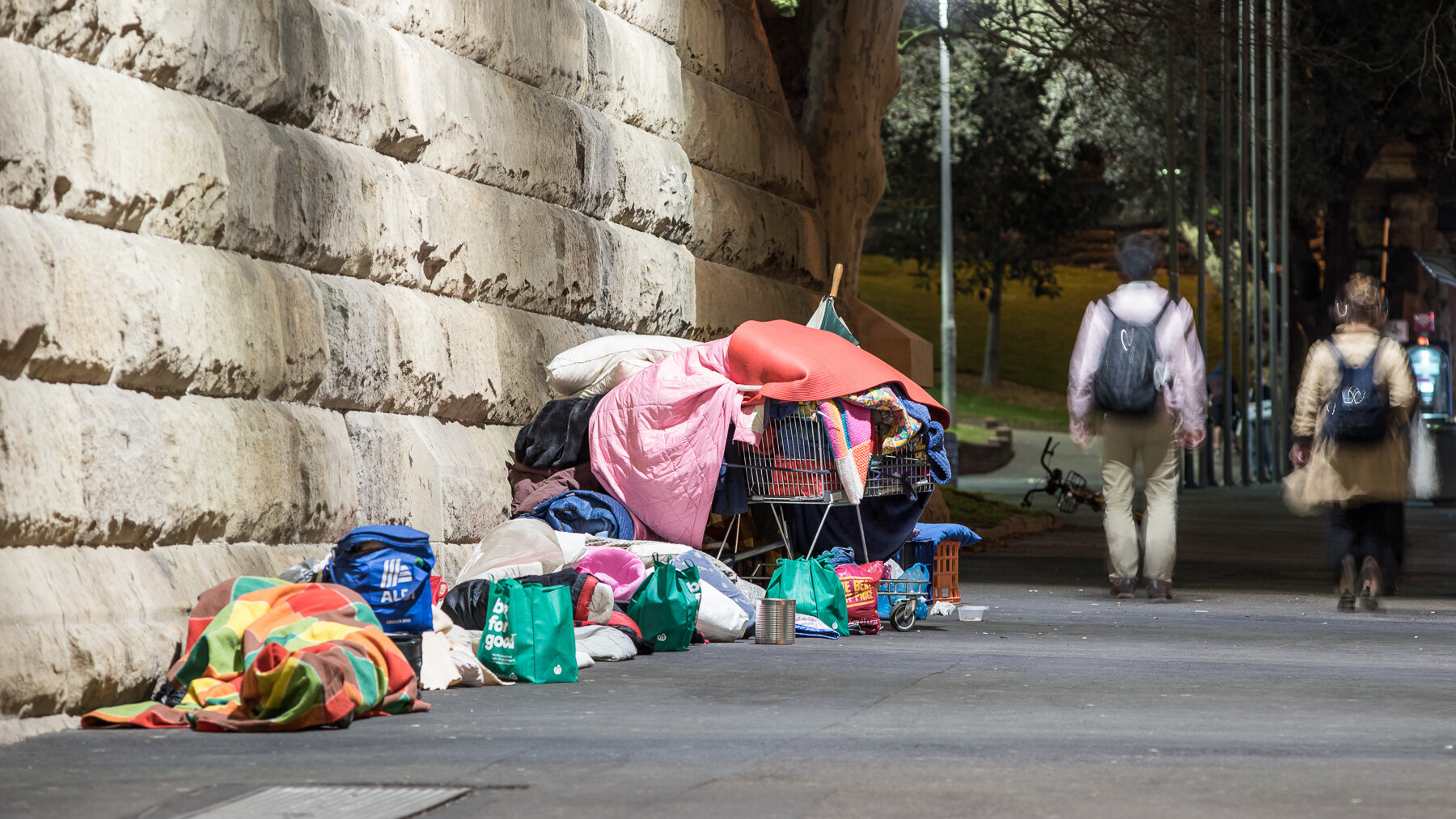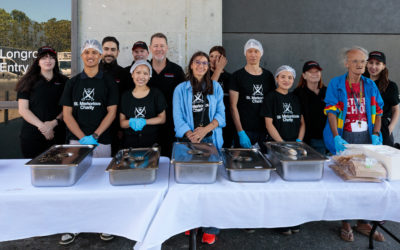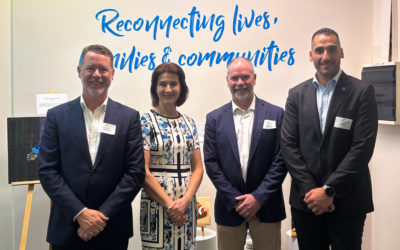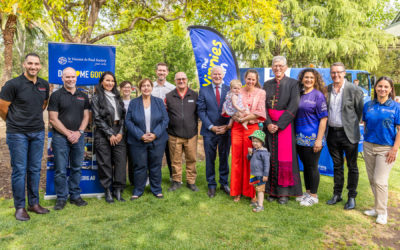Sydney is leading the way in a global program to end street sleeping, just one of two cities to meet its 2020 target to cut rough sleeping.

Sydney met its target of reducing rough sleeping in the inner city by 25 per cent.
According to a progress report on the international homelessness project, Sydney also virtually eliminated street sleeping during the COVID-19 pandemic.
“In the two UK (Glasgow and Greater Manchester) and Australian (Adelaide and Sydney) cities, street homelessness was radically reduced, or even virtually eliminated, at least for a time, via targeted action to bring ‘everybody in’, making extensive use of empty hotel rooms and other forms of, largely self-contained, emergency accommodation,’’ the report said.
The Institute of Global Homelessness (IGH’s) A Place to Call Home initiative, launched in 2017, sought to address the glaring gap in international efforts to protect vulnerable people worldwide from endemic hardship.
It represented a concerted effort to support cities across the globe to eradicate street homelessness, with a first cohort of 13 ‘Vanguard Cities’ committing to a specific numerical goal, or goals, on ending or reducing street homeless to be met by 31st December 2020.
The End Street Sleeping Collaboration – which includes the NSW Government, leading social service organisations and a corporate philanthropic foundation – signed up to the IGH program and is rolling it out in NSW.
End Street Sleeping Collaboration CEO Graham West said the results were pleasing.
“This is a great result for the Collaboration here in Sydney and reflects the dedication of all the signatories, including the NSW Government,’’ Mr West said.
“Homelessness is one of our most pressing social issues in society, with many people finding themselves in a desperate situation and urgently needing help.
“While this report shows we are leading the pack, there is a lot more to do and we are confident that we can, with support of all of the dedicated organisations committed to the project, push on to end street sleeping.’’
Mr West said support from the corporate sector would be greatly appreciated.
“The more support we receive, the quicker we can reach our ultimate goal,” he said.
“The corporate sector can play a role in assisting us reach that goal.”
Sydney is leading the way in a global program to end street sleeping, just one of two cities to meet its 2020 target to cut rough sleeping.
Sydney met its target of reducing rough sleeping in the inner city by 25 per cent.
According to a progress report on the international homelessness project, Sydney also virtually eliminated street sleeping during the COVID-19 pandemic.
“In the two UK (Glasgow and Greater Manchester) and Australian (Adelaide and Sydney) cities, street homelessness was radically reduced, or even virtually eliminated, at least for a time, via targeted action to bring ‘everybody in’, making extensive use of empty hotel rooms and other forms of, largely self-contained, emergency accommodation,’’ the report said.
The Institute of Global Homelessness (IGH’s) A Place to Call Home initiative, launched in 2017, sought to address the glaring gap in international efforts to protect vulnerable people worldwide from endemic hardship.
It represented a concerted effort to support cities across the globe to eradicate street homelessness, with a first cohort of 13 ‘Vanguard Cities’ committing to a specific numerical goal, or goals, on ending or reducing street homeless to be met by 31st December 2020.
The End Street Sleeping Collaboration – which includes the NSW Government, leading social service organisations and a corporate philanthropic foundation – signed up to the IGH program and is rolling it out in NSW.
End Street Sleeping Collaboration CEO Graham West said the results were pleasing.
“This is a great result for the Collaboration here in Sydney and reflects the dedication of all the signatories, including the NSW Government,’’ Mr West said.
“Homelessness is one of our most pressing social issues in society, with many people finding themselves in a desperate situation and urgently needing help.
“While this report shows we are leading the pack, there is a lot more to do and we are confident that we can, with support of all of the dedicated organisations committed to the project, push on to end street sleeping.’’
Mr West said support from the corporate sector would be greatly appreciated.
“The more support we receive, the quicker we can reach our ultimate goal,” he said.
“The corporate sector can play a role in assisting us reach that goal.”


